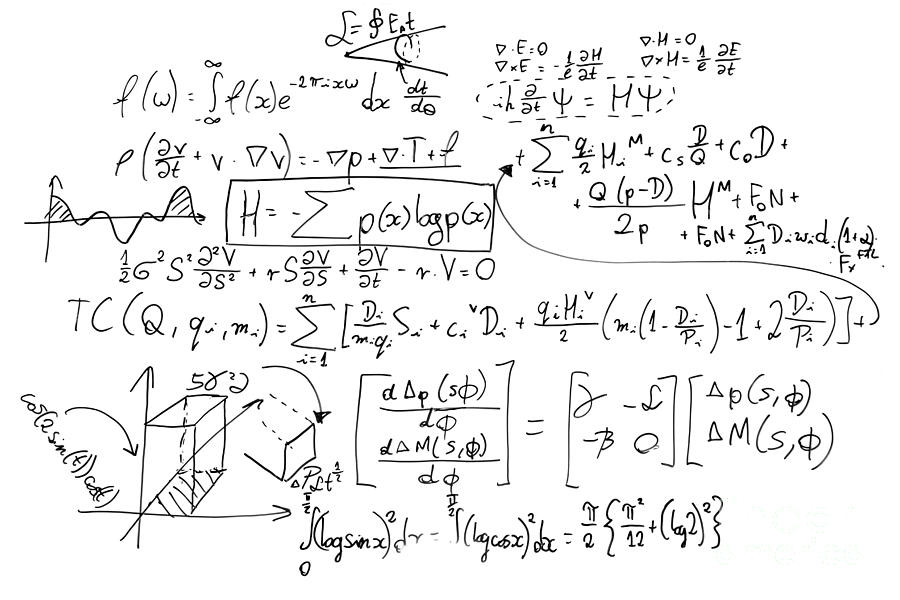I’ve been reading a lot lately about the ills of the tech industry, with a few book reviews in my queue to finish, and I posted a question on LinkedIn about what inspired people to get into tech. My motivation was to see if there was a difference in men and women. My hypothesis is that there are societal and cultural factors which discourage girls and women from studying tech (math, Computer science, engineering etc) and hence there aren’t enough qualified women to fill the tech jobs, and ultimately we end up with the current state of affairs where men outnumber women 3 or 4 to 1 in most tech companies.
Anyway, I received the following private response from a former student to whom I shall refer as S. S was a student in one of my recent classes and a delight to work with. Her story is absolutely heartbreaking and needs to be heard. I lightly edited it, only to remove some details which would identify her.
You can share my story but I am not ready to have my name on it. I am going to be looking for a job soon and not everyone will appreciate it. They will see me as slow and too old. I was 54 before I gave myself to permission to study tech and coding languages. Growing up, girls were not encouraged to study math. I was teased about my abilities in math, because I could not recite the times tables. I grew up believing that I couldn’t do math. At home, my brother received an early TI calculator. It was supposed to be shared between us but that didn’t happen. Besides being annoying, it was clear that electronics were not for girls.
I began my university studies in psychology which seemed the only science that did not require math. I was bored and I tried to learn math on my own. Actual classes involved grades and that was disastrous. I somehow passed all the mathematics prerequisites and ended up in graduate school for chemistry. During my quantum mechanics class, I struggled. I went for help from the professor. He realized that I couldn’t do the times tables verbally and completely humiliated me.
At my job, I learned about agile, innovation and human centered design. I loved that these ideas as they provided a framework and a fresh vocabulary to talk about science and problem solving instead of just math. I excelled at facilitating these techniques. Many of the prototypes we needed to wireframe involved a website or an application. I became curious about data and technology, but I would never let myself work in this area. The risk of humiliation was too great. My supervisor already realized that I stumbled verbally with numbers. I did not want to be in a position to lose my job while trying out new skills.
About the same time, I had a routine hearing evaluation and I was diagnosed with great hearing but a serious auditory processing disorder. The audiologist predicted that I probably had terrible problems with spoken arithmetic and verbal math. I was thunderstruck. How could he know that? I had been punished as a child for exactly this issue. I internalized it as part of my self image. Although I was a great reader, I was unable to recite the times tables and do my arithmetic. I couldn’t explain why, maybe I really was a bad kid. After digesting the audiologist’s report, I allowed myself to become more interested in data and technology.
I fight paralyzing “imposter syndrome” every time I sit in front of my computer. I began to take free classes on-line and go to meet-ups and learn even, when I couldn’t talk about it well. I joined groups for women who code. I continue to learn and I just signed up for an intensive software engineering boot camp. I currently volunteer as a teaching assistant for introductory python at two different community women’s coding groups. I continue to attend meet-ups. I am not yet where I want to be but I am finally allowed to move ahead. Data is going to change our world and I don’t want to miss out.
First of all, I have serious respect for anyone who wants to learn more about data science and even more so for someone who want to learn more about this subject in the midst of a successful career in another industry.
What I learned from S
Firstly, as a teacher, you must treat all your students with the utmost respect at all times. You never know how some action you take might completely alter a person’s life. Imagine what could have happened if S’s quantum mechanics professor had simply said, “Let’s discuss your question after class”, and worked with her instead of humiliating her. I do a lot of teaching and presentations and when I teach I try to engage the class by asking students questions. I make every effort not to embarrass anyone if they don’t know the answer, and I sincerely hope I never have. So if a student comes to you for help, it is your job as their teacher to help them.
Secondly, it is really sad that society at the time, basically dictated that math “wasn’t for girls”. S is a very intelligent and hard working woman, and she overcame this to have a successful career in a technical area, but imagine how much less heartache she could have had if society had the value that math IS for girls.
 Thirdly it is important to really understand that people learn in different ways and that what works for you doesn’t necessarily work for someone else. I struggle with formal math. It looks like Greek to me (get it.. Greek… ) but if I see the same concept written in python or pseudocode, I can understand it. I have one son who is a visual learner and another who is an auditory learner. I never fully appreciated this, but if I want one of them to do something, I have to show him rather than explain it. Conversely, my other son, he has to hear a concept rather than see it. Imagine if S’s school had identified her learning style and worked with her at a much earlier age. So, to anyone who teaches or manages people, remember that learning styles are different and one isn’t better than the other.
Thirdly it is important to really understand that people learn in different ways and that what works for you doesn’t necessarily work for someone else. I struggle with formal math. It looks like Greek to me (get it.. Greek… ) but if I see the same concept written in python or pseudocode, I can understand it. I have one son who is a visual learner and another who is an auditory learner. I never fully appreciated this, but if I want one of them to do something, I have to show him rather than explain it. Conversely, my other son, he has to hear a concept rather than see it. Imagine if S’s school had identified her learning style and worked with her at a much earlier age. So, to anyone who teaches or manages people, remember that learning styles are different and one isn’t better than the other.
Conclusion
I’ve responded privately to S, but to anyone who feels like she does, my response is that first of all you need to believe in yourself. I know that this is easier said than done, but everyone has to start their journey somewhere. Nobody was born knowing how to code in Python, and if you feel frustrated, keep reminding yourself that there will always be someone better and worse than you and that you don’t have to know everything.
There is a well-known Chasidic saying that if you only know Aleph (the first letter of the Hebrew alphabet), teach Aleph. The message here is that no matter how little you think you know, there will inevitably be someone who doesn’t know that, and you can teach it to them!
Secondly, find a mentor or a teacher or someone else who also believes in you and will help provide you with direction and mentorship. While there are certainly jerks and arrogant asses out there, I’ve also found that many tech people are nerdy introverts like me who enjoy geeking out with like minded people and helping them out.
In conclusion, this story does have a happy ending. S had a successful career in a technical field, and is learning how to get involved with the unfolding data revolution. I have no doubt that she will be successful in her efforts and I hope that she will go on to mentor other young women and girls who are interested in STEM fields but were told that “math isn’t for girls”.
